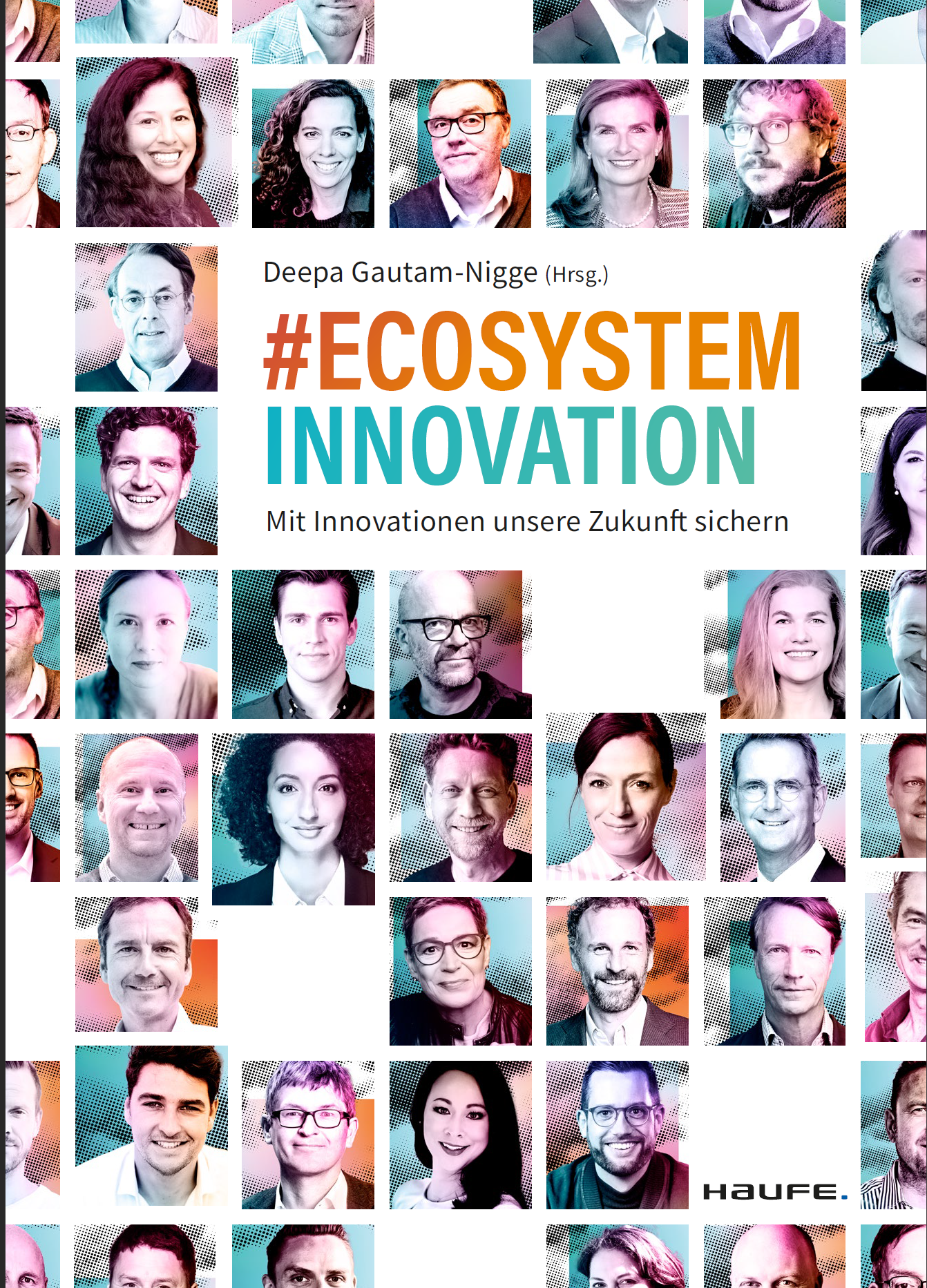What comes next after the generative AI hype
This blog is in the Top 25 M&A blogs worldwide according to Feedspot
As the excitement around generative AI continues to capture the imagination of industries and individuals alike, it's essential to look beyond the hype and consider what comes next. The promise of AI-generated content and creativity has ushered in a new wave of possibilities, but it's also important to acknowledge the potential challenges and ethical considerations that come with this technology. As we navigate the future beyond the generative AI hype, we must prioritize thoughtful discussions on the responsible use of AI, the impact on the job market, and the implications for creativity and intellectual property. It's time to move from simply marveling at the capabilities of generative AI to actively engaging in shaping its future role in our society and in our lives. By fostering a collaborative and forward-thinking approach, we can harness the potential of generative AI while ensuring that its impact is both beneficial and sustainable.
So, what might come after the current generative AI hype? Generative AI, which includes technologies like GPT-3, DALL-E, and various deepfakes, has made significant strides in creating content that can mimic human creativity, from writing to art and beyond. However, the hype around these technologies will eventually stabilize as they become more integrated into everyday tools and workflows. Here's what we might expect next:
1. Integration and Ubiquity: Generative AI will become a standard feature in many applications, much like how AI-driven recommendations are now a staple in e-commerce and streaming services. We'll see these capabilities woven into productivity software, educational tools, and creative suites, enhancing human abilities rather than being seen as standalone novelties.
2. Improved Contextual Understanding: The next wave of AI will likely focus on context-aware systems that can understand and generate content with a deeper grasp of user intent, cultural nuances, and situational appropriateness. This will require advancements in knowledge representation and reasoning, enabling AI to make more informed and relevant contributions in complex scenarios.
3. Collaborative AI: As AI becomes more sophisticated, there will be a shift towards collaborative models where humans and AI work in tandem to solve problems, create new products, or generate insights. This will necessitate the development of interfaces and interaction paradigms that facilitate seamless human-AI collaboration.
4. Ethical and Responsible AI: With the proliferation of AI, there will be an increased focus on ethical considerations, such as bias, fairness, transparency, and accountability. The next phase will involve creating frameworks and standards to ensure that AI systems are developed and deployed responsibly, with an emphasis on human welfare and societal benefit.
5. Personalization and Customization: Generative AI will become more personalized, learning from individual user interactions to tailor content and responses to specific preferences and needs. This will lead to highly customized user experiences, with AI acting as a personal assistant that understands the nuances of individual users' lives.
6. AI-Driven Innovation in Other Domains: The principles of generative AI will be applied to other areas, such as drug discovery, materials science, and climate modeling, leading to breakthroughs that may not be directly related to content generation but are driven by the same underlying technologies.
Like my thoughts? READ MY NEW BOOK
ORDER AT AMAZON
ORDER IN GERMANY









